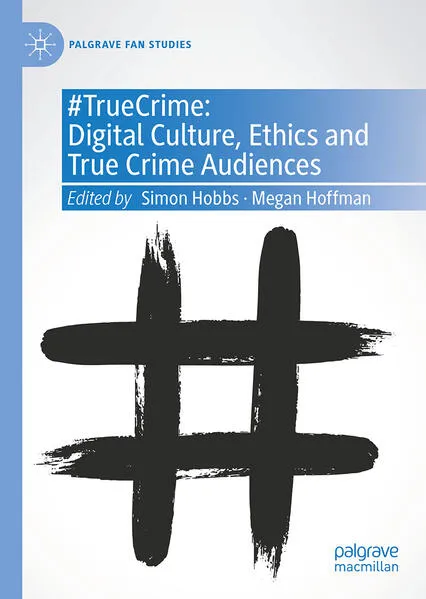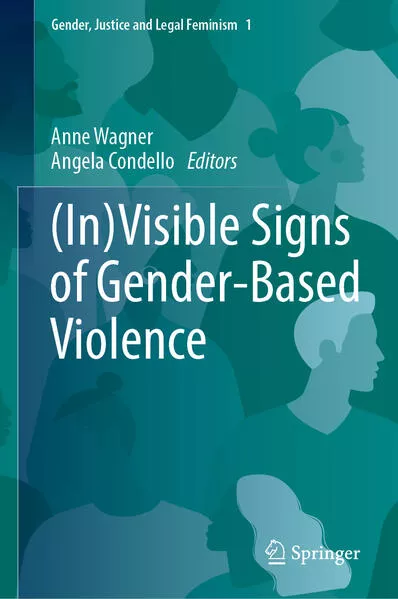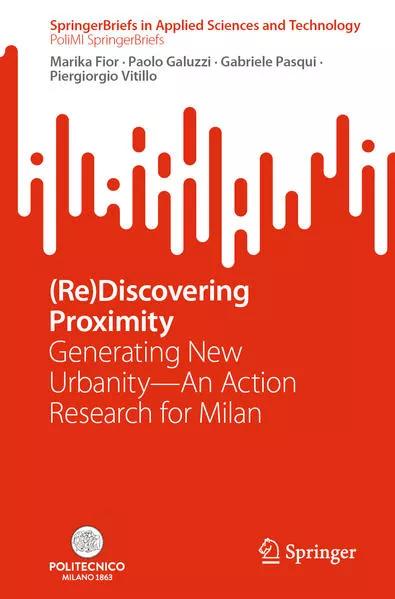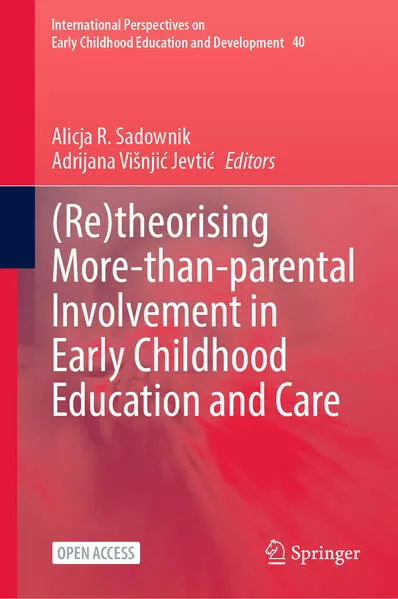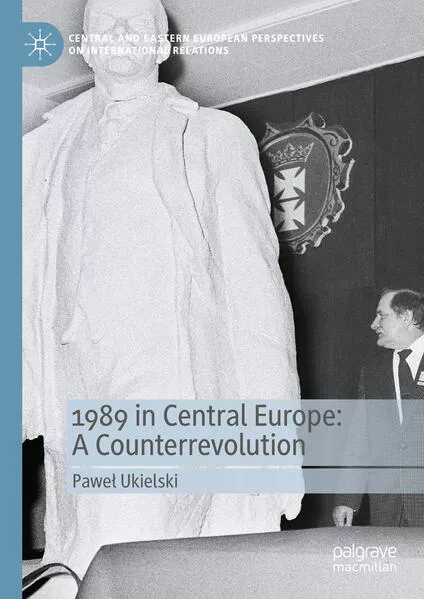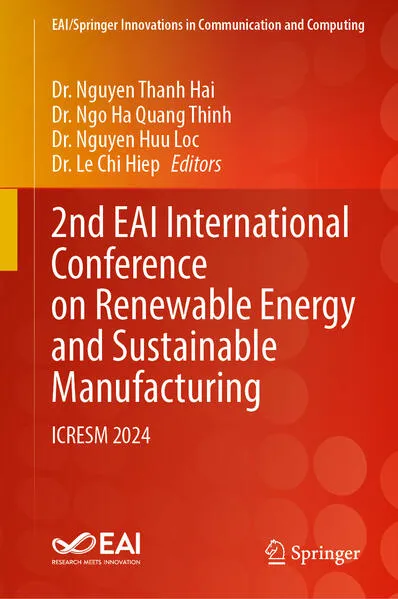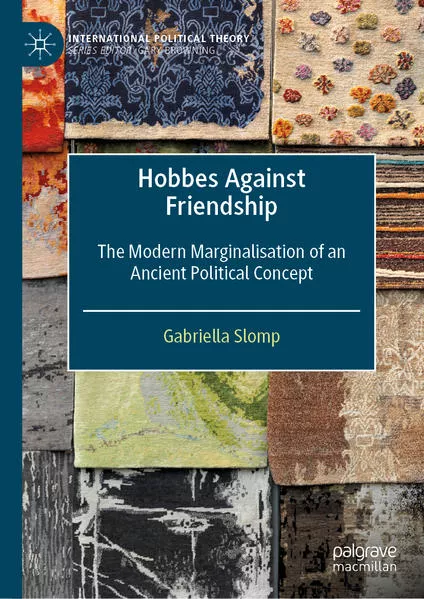
Hobbes Against Friendship
The Modern Marginalisation of an Ancient Political Concept
This book explores why and how Thomas Hobbes – the 17th century founder of political science -- contributed to the modern marginalisation of ‘friendship’, a concept that stood in the foreground of ancient moral and political thought and that is currently undergoing a revival. The study shows that Hobbes did not question the occurrence of friendship; rather, he rejected friendship as an explanatory and normative principle of peace and cooperation. Hobbes’s stance was influential because it captured the spirit of modernity- its individualism, nominalism, practical scepticism, and materialism. Hobbes’s legacy has a bearing on contemporary debates about civic, international and global friendship.
Unterstütze den lokalen Buchhandel
Nutze die PLZ-Suche um einen Buchhändler in Deiner Nähe zu finden.
Bestelle dieses Buch im Internet
| Veröffentlichung: | 01.04.2022 |
| Höhe/Breite/Gewicht | H 21 cm / B 14,8 cm / - |
| Seiten | 168 |
| Art des Mediums | Buch [Gebundenes Buch] |
| Preis DE | EUR 96.29 |
| Preis AT | EUR 98.99 |
| Reihe | International Political Theory |
| ISBN-13 | 978-3-030-95314-0 |
| ISBN-10 | 3030953149 |
Über die Autorin
Gabriella Slomp is Professor of International Political Theory, University of St Andrews, UK. Former editor of Hobbes Studies, she is the author of Thomas Hobbes and the Political Philosophy of Glory (2000); editor of Thomas Hobbes (2008); co-editor (with R. Prokhovnik) of International Political Theory after Hobbes (2011).
Diesen Artikel teilen
0 Kommentar zu diesem Buch
.... weitere Publikationen von Springer International Publishing
Kinderbuch »Lasse und Juna - Total versteinert!« – Wikingerabenteuer mit Mut, Freundschaft und Entdeckergeist
Bewerbungsfrist bis zum: 05.03.2026




